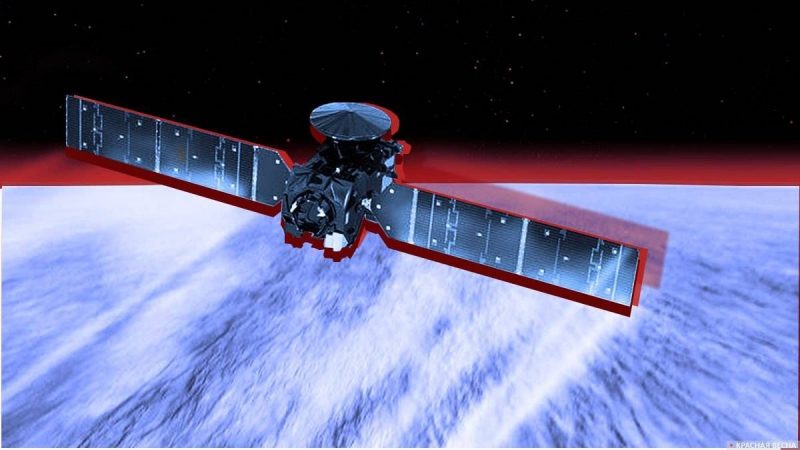05.03.2022, Moscow.
The last few days have witnessed a complete breakdown in international cooperation in space at the interface between the Western and Russian space industries. How this happened deserves a separate, detailed examination.
After this breakdown, however, some things have survived – things that are really important, and therefore painful, for Western countries.
In relation to projects that have already been shut down in the wake of the sanctions frenzy, it is said that in this way the West, based on its principled and humanistic nature, is punishing Russia. Although, in fact, to a greater extent, it punishes itself.
And in relation to the project, which is really important for the Western space industry, it is said that the West puts international cooperation above problems on Earth, although they are, of course, important.
Surprisingly cynical and coldly, all cooperative space programs are destroyed, and even more surprisingly, a mask of benevolence is put on in painful issues such as the continued operation of the ISS.
If you want a sample of pretended benevolence (who needs it?), all you have to do is threaten with something really painful.
The West seems to believe in sanctions so much because it itself does not swallow them. This is some distorted form of relationship – friendship will be feigned only if one hurts you or makes the situation uncomfortable.
It just so happens that among the space powers, the US is in the worst position in terms of the orbital station. China is already operating its national station, Russia is preparing the first module of its national station for launch in 2025.
And NASA has handed out a lot of money to private space companies, organized competition between them for engineering staff and set very vague goals for the creation of commercial space stations.
According to the most optimistic forecasts of the PR departments of private space companies, orbital stations will be launched probably in 2028. It should be noted that even a hundred Musks would not provide such a breakthrough, especially since Musk himself is not engaged in the development of the orbital station at all.
But an orbital station is very necessary, and even a small break in orbital research may become critical.
The fact is that without long-term scientific research, which has been carried out since the beginning of the ISS, it is impossible to move on to strategic programs of deep space exploration, the Moon, Mars, and so on. No matter how fantastic it may sound now, but such programs have a real future, which China is eager to pursue, and which Russia may turn to.
The threat that the United States and Europe will fall out of these developments and the prospect of falling behind by a decade, if not more, makes representatives of the Western space industry cool down and put on a mask of benevolence.
Translated from https://t.me/shotday/148




